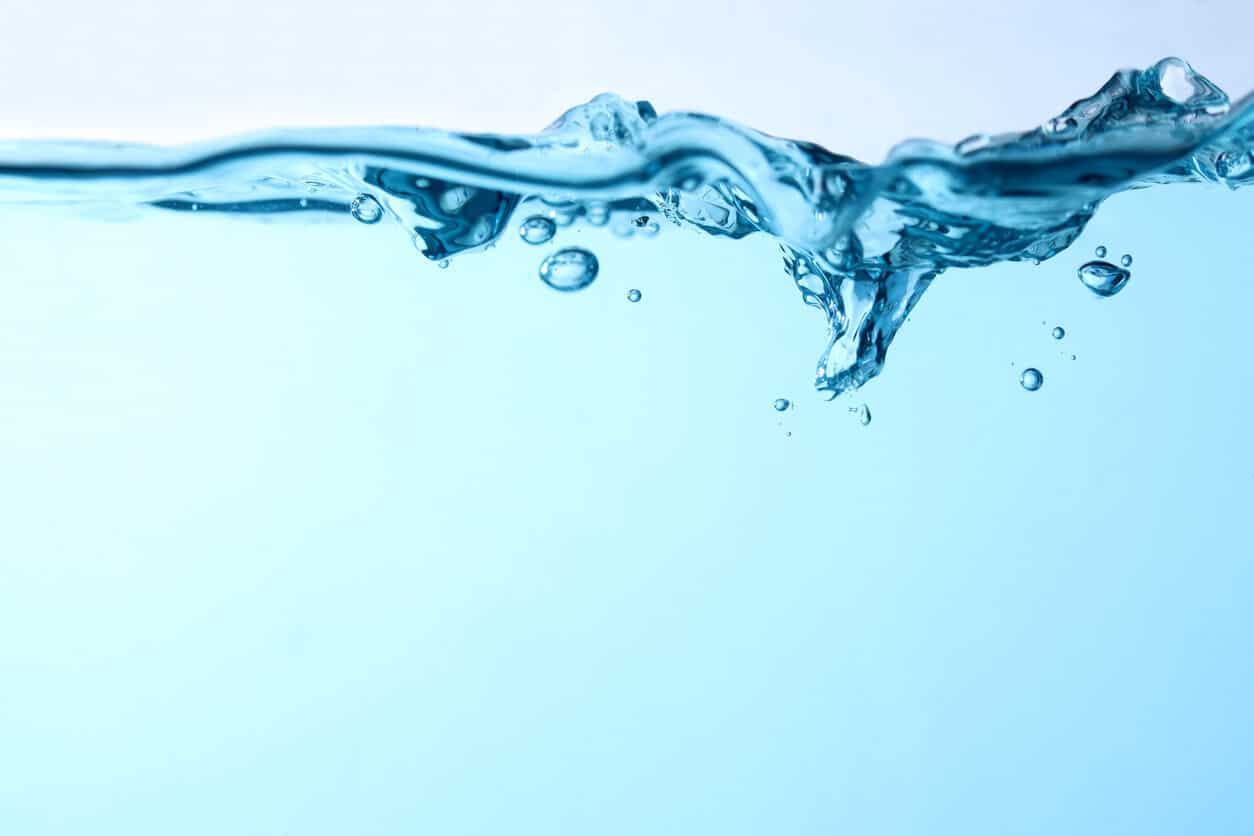We know that a discussion regarding end of life issues is not for everyone – especially when the topic involves human body disposal. However, more people are reaching out to us asking, “what is water cremation?” Here’s what’s important to know about this somewhat new disposition method.
Table of Contents
What is Water Cremation?
First, it’s important that you realize that water cremation, while certainly gentle sounding, is a bit of a misnomer. The more accurate name would be “alkaline hydrolysis cremation.”
The process was initially used to remove nitrogenous materials from animal bones to help make suitable fertilizer and byproducts. Later, it was used to dispose of animal carcasses safely.
The first commercial-use water cremation unit for human bodies was made in 2005.
Water cremation is said to be more environmentally friendly than traditional flame cremation. Are you intrigued? Here’s what you need to know about the process.
Alkaline Hydrolysis Process
The body is placed inside a stainless steel chamber. The chamber is filled with approximately 80 gallons of a solution that is 95% water and 5% potassium hydroxide.
During the cremation process, the alkali solution is heated to 300 – 350 degrees Fahrenheit and the pressure is increased. After four hours, the body’s soft tissue dissolves, and only the bones are left behind.
While there is a bit of an “ick factor” when reading about this process, it’s worth noting that the alkaline hydrolysis process replicates what happens during natural decomposition – before embalming because popular.
What Happens After Alkaline Hydrolysis?
The bone fragments left behind in the alkaline hydrolysis machine are soft and whiter than the bones that remain after flame cremation. The cremated remains (called cremains) are crushed into a fine powder and passed back to the next of kin.
The liquid solution used during the water cremation process is sterile. It contains salts, sugars, amino acids, and peptides, which are safe to pour down the sink. There is no tissue or DNA left in the solution. Proponents of the process remind us that the liquid solution is made up of the same ingredients found in many liquid soaps. However, this part of the process is troubling to those who oppose “flameless cremation.”
Is Water Cremation Legal?
That depends on where you live.
Most states do not have laws regarding alkaline hydrolysis. Some states have legalized water cremation. However, that doesn’t mean an alkaline hydrolysis facility is in each state where the process has been approved.
For example, there are no laws regarding alkaline hydrolysis in Pennsylvania or New Jersey. Proponents of the process label it as the most environmentally friendly method. However, traditional methods are still the norm in North America.
In the meantime, traditional burial or flame-based cremation will be the main body disposition choices for human remains.
Key Takeaways
- Water cremation is also called “alkaline hydrolysis cremation.”
- Initially used for animals, the process is gaining popularity for human remains in the United States.
- Alkaline hydrolysis cremation is environmentally friendly as it uses an alkali solution, heat, and pressure to increase the rate that the body decomposes.
- Water cremation is not available in Pennsylvania or New Jersey.
Contact the Philadelphia Cremation Society for Simple, Direct Cremation
No funeral home or cremation association currently offers alkaline hydrolysis in Pennsylvania or New Jersey. When you are ready to discuss final arrangements, contact Philadelphia Cremation Society, a traditional cremation provider. We are happy to discuss cremation options for yourself or your loved one. For immediate need or pre-planned affordable direct cremation, contact us today.





